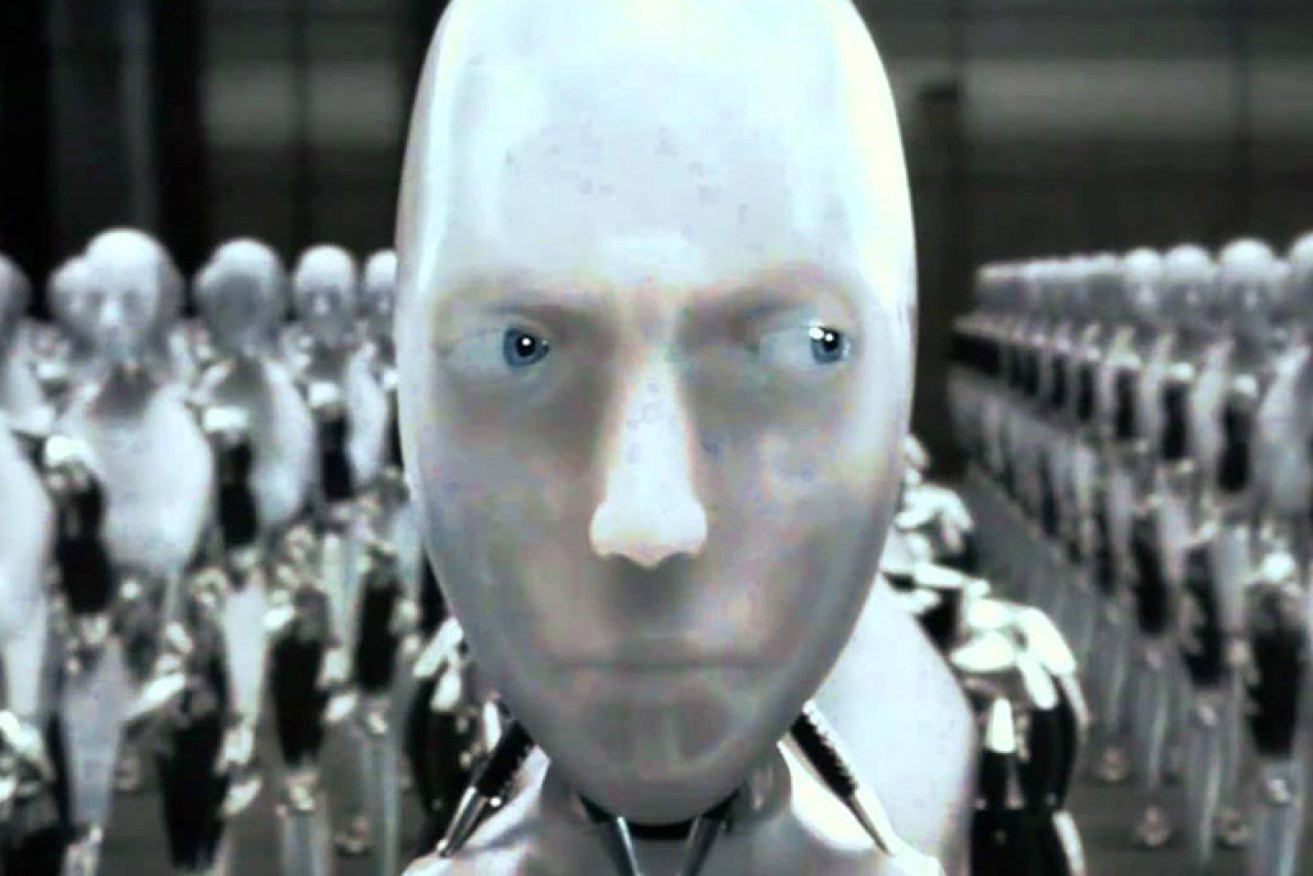Why killer robots ‘must be stopped’

Robots could be used to do lawyers' leg work. Photo: Getty
Humanity is on the verge of experiencing a “nightmare scenario” of robot warfare that until now has been confined to the realms of science fiction, experts have warned.
Killer robots are far smarter than any soldier, physically tougher, not prone to battle fatigue, not subject to human error and not beset by emotions, such as inconvenient compassion. Or guilt.
With rapid developments in Artificial Intelligence, the machines are already far more intelligent than any individual could possibly be.
The Pentagon is seeking $15 billion in next year’s budget for AI and related research, including “deep learning” machines which could think and act on their own.
• Malware threatens millions of smartphone users
• Computers ‘can assess boredom levels’
• Pope Francis warns of ‘soulless robots’ taking jobs
The arrival of killer robots, more academically known as “autonomous weapons”, is being compared with the invention of gunpowder and nuclear weapons.
Leading AI expert Professor Toby Walsh of the University of NSW is giving a public lecture this month titled Killer Robots: The Third Revolution in War . The talk will be broadcast on Radio National’s Big Ideas program.
Prof Walsh told The New Daily the history of warfare was the history of ever more efficient killing technologies.
“We are not very far from nightmare scenarios,” he said. “That is why we have a small window of time in which to ban this technology.
“They would be terrifying weapons to come up against as a human. The worry is that they will be making their own targeting decisions.”
People argue that it is a moral line we should not cross. They will completely transform warfare.
Prof Walsh believes that if any military power pushes ahead with AI weapons, a global arms race is inevitable.
He said the release of the Drone Papers, where whistleblowers within the United State’s national security apparatus revealed President Barack Obama’s extensive use of the remotely controlled weapons, illustrated the problems involved in relying on machines.

The civilian death toll from US drones is a blight on Barack Obama’s legacy. Photo: Getty
The Papers revealed that nine out of 10 of those being killed were the “wrong people”, and drone strikes inevitably involved the deaths of large numbers of women, children and the elderly, one of Mr Obama’s most controversial legacies.
Prof Walsh said drones were being controlled by military personnel, but it was a very short step to taking humans out of the loop, allowing them to make their own life and death decisions.
He said robots were ideal for tasks such as assassinations, destabilising nations, subduing populations and killing particular ethnic groups.
Prof Walsh’s lecture comes at a time when killer robots are coming ever closer to being deployed on battlefields and worldwide consternation over their use is escalating.
The Campaign to Stop Killer Robots is an international coalition of 59 groups, including Human Rights Watch and the Nobel Women’s Committee.
Spokesman Peter Asaro, an affiliate scholar at the Center for Internet and Society at Stanford Law School, said an international treaty to ban the weapons was urgent.
He told The New Daily killer robots would make it difficult to hold anyone accountable for war crimes and atrocities.
“In practical terms they could be subject to hacking, spoofing, and hijacking, and they could initiate or escalate conflicts without human approval,” he said.

Scenes from the Terminator film franchise may not be as farfetched as they once were.
“The delegation of the authority to kill people to an opaque and unaccountable algorithm raises serious moral concerns.”
Later this month there will be a Stanford University symposium on the ethical and moral problems of using non-human agents in warfare, while next month will see a meeting in Geneva of experts under the auspices of the UN.
Prof Walsh was one of the driving forces behind an open letter calling for the banning of killer robots which has been signed by 22,000 people, including the world’s most famous physicist Stephen Hawking, Apple co-founder Steve Wozniak, co-founder of Skype Yaan Tallinn and the author of more than 100 books, philosopher Noam Chomsky.
Signatory Professor Stuart Russell, AI pioneer and founder of the Centre for Intelligent Systems at the University of California, Berkeley, told The New Daily that in the absence of a treaty, there is the prospect of an arms race with negative outcomes for both humanitarian and strategic concerns.
“In particular, it may lead to a new class of scalable weapons of mass destruction. Weapons that even small groups could use to attack human populations,” he said.
Time is of the essence, and the UN meeting could kick the can down the road or take effective steps, such as setting up a group of governmental experts, that would reflect the wishes of the vast majority of humanity to avoid a future in which humans beings are utterly defenceless.”









